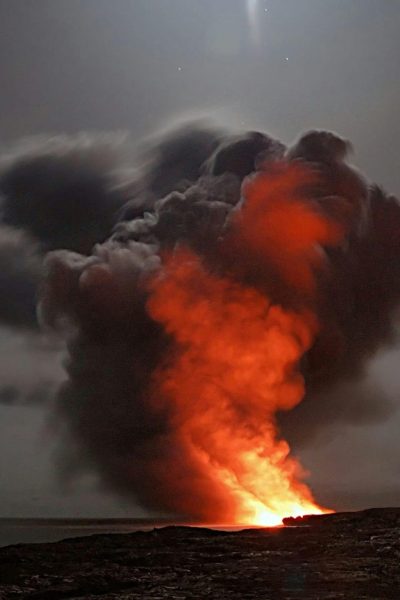in the Shadows:
SUDAN’S SILENT CIVIL WAR
The War in Sudan
Behind the shadows of the Israel-Hamas-Hezbollah and Russia-Ukraine conflicts is another conflict in the Arab world and North Africa, going on quietly and silently without the mention of it in the world’s media. The war in Sudan is primary being fought between two groups that used to be on the same team.
The BBC reports that after the 2021 coup in Sudan, that removed the long-standing President, Omar Bashir from office, the country was controlled by a “Council of Generals” led by General Abdel Fattah al-Burhan who was the head of the country’s armed forces and President. He was seconded by General Mohamed Hamdan Dagelo or “Hemedti”, Hemedti commanded the Rapid Support Forces (RSF), a paramilitary force in Sudan, established in 2013. It was initially formed to provide security and support for the Sudanese government. The BBC reports that this paramilitary has strong origins from the Janjaweed militia, that fought rebels in Darfur.
Impact of the Conflict
It has been reported widely that the conflict has created the largest displacement crises in the world. Currently, 13 million people have left their homes, with about 20,000 deaths as reported by World Health Organization (WHO) boss, Dr. Tedros Adhanom Ghebreyesus.
Office for the Coordination of Humanitarian Affairs (OCHA) also reports that nearly 26 million Sudanese are on the verge of starvation, due to acute food insecurity with many others in dire need because of hunger and food shortages.
Furthermore, the conflict has created the world’s largest displacement crisis. More than 13 million people have been forced to flee their homes since the fighting began, according to the International Organization for Migration. They include over 2.3 million who have fled to neighbouring countries as refugees.


Media Coverage

The deafening silence surrounding Sudan’s ongoing conflict raises numerous questions. Chief among them is why this conflict has been largely ignored, despite the well-documented importance of media in conflict and conflict resolution.
It is understood that media attention acts as an accountability mechanism against important actors in situations of conflicts, while press freedom in itself can serve as an important tool for achieving liberation. This silence therefore underscores the need for increased media attention and scrutiny.
As a result of these reasons and many others, it is important that conflicts get media coverage. Although conflicts are often resolved through quiet diplomacy, it’s crucial to acknowledge the profound influence of media and public support in shaping the outcome of peace negotiations.
However, what is obvious is that the war between Ukraine and Russia has received moderate mentions since it began especially in US media. The ongoing Israel-Hamas-Hezbollah conflict has dominated global headlines since its inception, captivating the world’s attention and sparking widespread debate. Meanwhile, the conflict in Sudan has been eerily relegated to the shadows, its plight largely forgotten with what seems to be an indifference by the international community raising another important question as to whether regional and the international community genuinely desire to bring an end to this conflict, or it has simply become a footnote in the global discourse?
The quietness from the international community and global media organizations in addition to regional organizations raises questions about their willingness to platform African voices.
The United Nations, African Union and the Organisation of Arab League, the European Union in addition to the influential media platforms out there such as Al Jazeera seem to prioritize other crises, leaving me to wonder if ending the war in Sudan truly matters to them.
The world must not forget Sudan’s painful history, scarred by the devastating war and genocide in Darfur in the 2000s. Many families were torn apart, becoming refugees and displaced, with about 200,000 estimated deaths. Yet, today, another brutal civil war rages on in Sudan, claiming several lives and the world remains eerily silent.
Will we wait for another Darfur-scale catastrophe before acknowledging our delayed response? I implore all stakeholders to confront the Sudanese conflict with the same urgency and resolve they bring to other global crises. Every war is a humanitarian emergency.
